PREPARING FOR YOUR PROCEDURE POST OP APPT
You will receive an automated reminder call from Dr. Watkins private practice reminding you of your upcoming “appointment” which is your operation. REMEMBER, the facility where your operation will take place will call you the day before your operation and confirm your scheduled time and review any medications, medical history, and allergies etc..
REMINDERS FOR SURGERY
You MUST have a driver that is available to take you home; unless your operation is scheduled as a LOCAL anesthesia case, you will not be able to drive for at least 24 hours. You will be instructed not to eat or drink for eight or more hours prior to surgery. Wear comfortable, loose clothing, and shower the day of or before surgery. Bring a pair of shoes or slippers that are easy to take off and put on. Leave jewelry and personal belongings at home. If you become sick (cold, sore throat, fever) please notify our office.
The combination of anesthesia, food, and or car motion can quite often cause nausea. After arriving home, wait until you are hungry before trying to eat. Begin with a light meal and avoid greasy food. Drink plenty of fluids. This will help decrease swelling and pain.
PAIN MEDICATIONS
Take your pain medicine as directed and remain on the medication schedule as indicated following discharge. If you wait to take your pain medication until the pain is severe, it will be more difficult to control the pain. DO NOT drive while taking pain medications.
Discuss any medications or supplements you are taking with your surgeon and your primary care provider to determine if you should stop taking before surgery. If you are taking aspirin, anti-inflammatory medications, warfarin, or any medication that increase the risk of bleeding, you will need to discuss use of these medications with your surgeon. Some medications and supplements, including certain diabetic medications, will need to be held the morning of surgery. The facility will review medications with you.
ANESTHESIA
Depending on the type of anesthesia, you can sometimes experience a temporary burning sensation. This is post operative neuropathic pain, which is temporary.
ELEVATION
Keep upper extremity elevated and use ice as directed. This will help decrease swelling and pain. You may have bruising after your procedure, this is normal.
Smoking
If you smoke, you should cut down or stop to help reduce your surgery risks and improve your healing. Smoking distorts a patient’s immune system and can delay healing, increasing the risk of infection at the operative site. Nicotine causes your arteries to have spasms and they become narrow, decreasing blood flow to your surgical site, in addition to respiratory effects, smoking has been shown to decrease blood flow, especially into bone. Sufficient blood flow is essential for speedy recovery and healing.
infections
Symptoms can vary widely or may not occur at all. If you are having any of the following symptoms: purulent drainage (often green or yellow liquid that’s oozing), bad smell coming from the wound, fever, chills, your operative site is hot to touch, redness, and pain to touch should be reported to your surgeon.
DRESSING CARE
Keep dressing dry and in place until instructed to remove. Do NOT remove your sutures. Sutures will be removed in clinic at the appropriate time. If bandages have bleed through, you can change them after 48 hours and keep the operative site dry and covered following the dressing change.
Surture care
Do NOT submerge your sutures in water as the operative site is sterile from the OR. Doing this could cause it to reopen or become infected. Once sutures are removed wait 48 hours before submerging the wound in water. This gives the suture sites time to close and heal without increasing the risk of infection.
Financial
You will receive a separate bill from the Hospital or Surgery Center for the facility and possibly and supply charges. In addition to Dr. Watkins surgeon’s fee you may receive bills from the following: Pathology, anesthesia, laboratory for blood work and a doctor for reading your EKG. Dr. Watkins Email: Tetonhandsurgery@gmail.com Phone Number: 844.919.4263 General questions email: Tetonhandsurgerypatient@gmail.com

